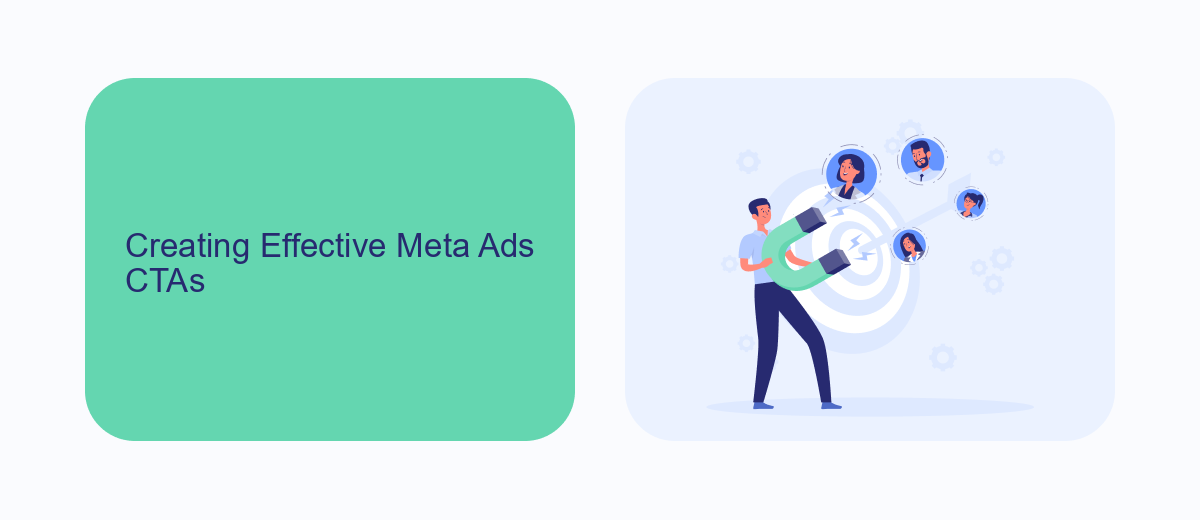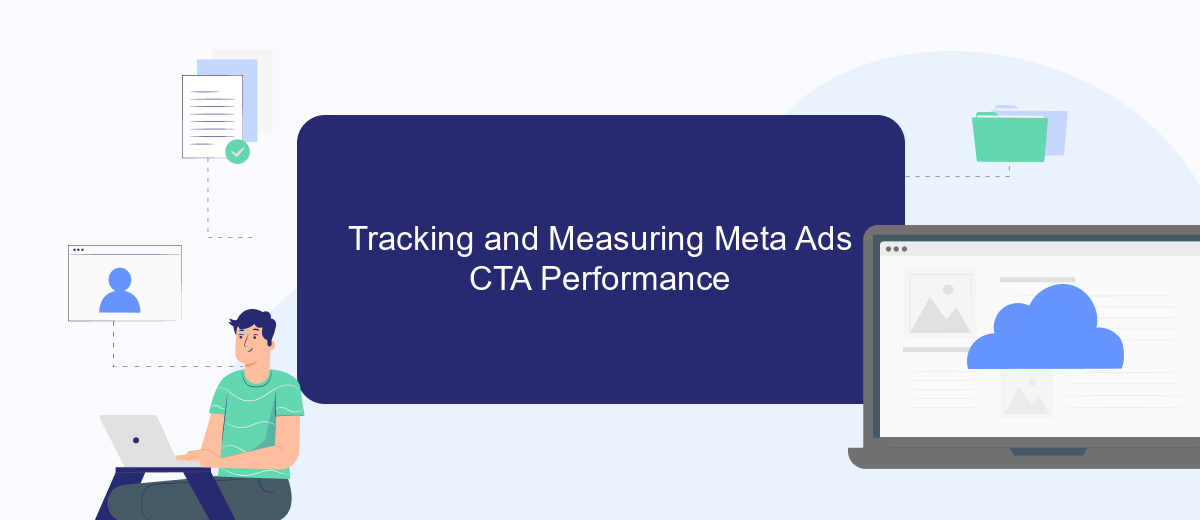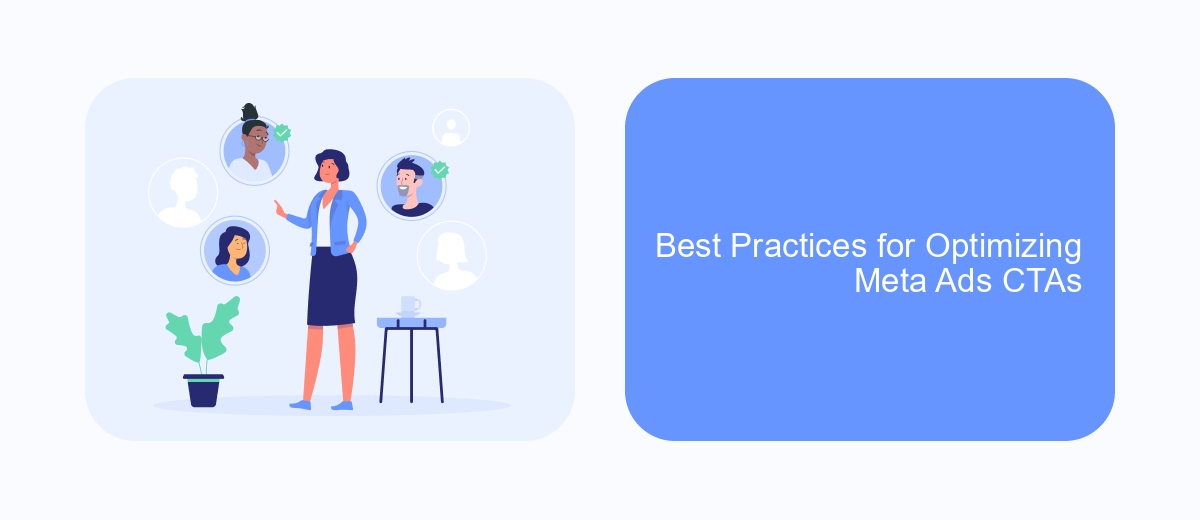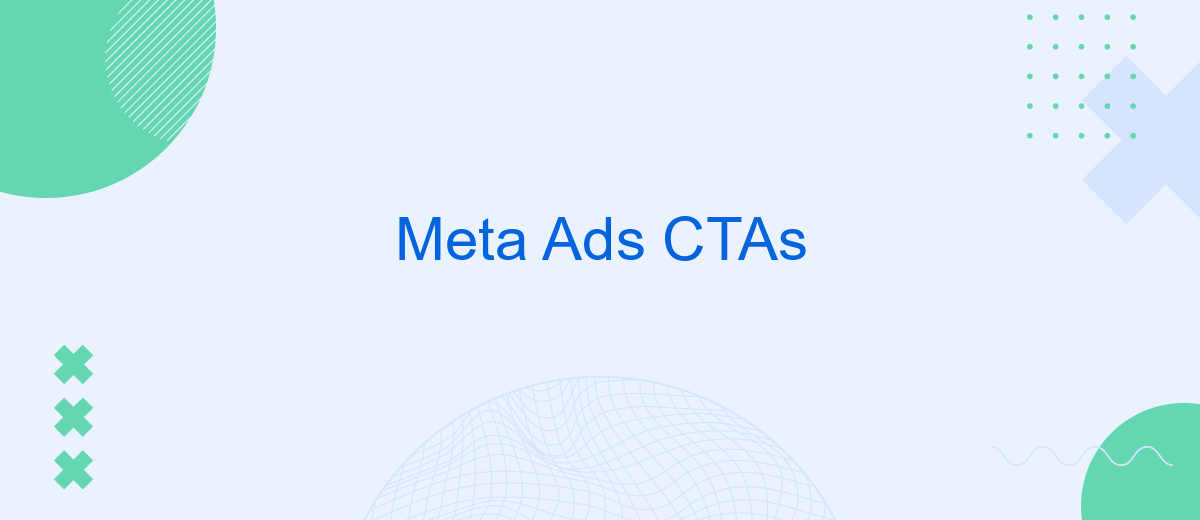In today's digital landscape, effective call-to-actions (CTAs) are crucial for the success of Meta Ads. These CTAs serve as the driving force behind user engagement and conversion rates. By crafting compelling and clear CTAs, businesses can significantly enhance their advertising performance, leading to higher click-through rates and ultimately, better ROI. This article explores best practices for creating impactful Meta Ads CTAs.
Meta Ads CTAs: Overview and Benefits
Meta Ads Call-to-Actions (CTAs) are strategic prompts designed to encourage users to take specific actions, such as clicking a link, making a purchase, or signing up for a newsletter. These CTAs are integral to online advertising campaigns, helping businesses drive engagement and conversions through clear, compelling directives.
- Increased user engagement
- Higher conversion rates
- Enhanced targeting and personalization
- Improved ad performance metrics
- Cost-effective marketing strategy
By leveraging well-crafted CTAs in Meta Ads, businesses can effectively guide potential customers through the sales funnel. This not only maximizes the return on investment (ROI) but also fosters a more interactive and engaging user experience. Ultimately, the strategic use of CTAs can significantly boost the overall success of digital marketing efforts.
Creating Effective Meta Ads CTAs

Creating effective Meta Ads CTAs involves understanding your target audience and crafting messages that resonate with their needs and desires. Start by using action-oriented language that encourages users to take the next step, such as "Sign Up Now" or "Get Started Today." Ensure your CTA is clear, concise, and prominently displayed to grab attention. Test different variations to see which performs best, and don't hesitate to make adjustments based on the data you collect.
Additionally, integrating your Meta Ads with tools like SaveMyLeads can streamline the process of capturing and managing leads. SaveMyLeads allows you to automate the transfer of leads from your ads to your CRM or email marketing platform, ensuring no potential customer falls through the cracks. By leveraging such integrations, you can enhance the efficiency of your campaigns and focus more on optimizing your CTAs for better performance.
Tracking and Measuring Meta Ads CTA Performance

Tracking and measuring the performance of Meta Ads CTAs is crucial for optimizing your ad campaigns and ensuring that your marketing efforts are effective. By monitoring key metrics, you can gain insights into how well your CTAs are engaging your audience and driving desired actions.
- Click-Through Rate (CTR): This metric shows the percentage of people who clicked on your CTA out of the total number of viewers. A higher CTR indicates a more compelling CTA.
- Conversion Rate: This measures the percentage of users who completed the desired action after clicking the CTA. It's essential for evaluating the effectiveness of your CTA in driving conversions.
- Cost Per Action (CPA): This metric helps you understand the cost-effectiveness of your CTA by showing the average amount spent to achieve a specific action, such as a purchase or sign-up.
- Engagement Rate: This includes likes, shares, and comments on your ad. Higher engagement rates can indicate a more appealing and relevant CTA.
By regularly analyzing these metrics, you can identify trends and make data-driven decisions to enhance your Meta Ads CTAs. Adjusting your strategies based on performance data will help you maximize your return on investment and achieve your marketing goals.
Best Practices for Optimizing Meta Ads CTAs

Optimizing your Meta Ads CTAs is crucial for driving engagement and conversions. Start by ensuring that your CTAs are clear, concise, and compelling. Use action-oriented language that tells users exactly what you want them to do, such as "Shop Now," "Learn More," or "Sign Up Today."
It's also essential to test different CTAs to see which ones perform best. A/B testing can help you identify the most effective wording, placement, and design for your CTAs. Additionally, make sure your CTAs are visually distinct and stand out from the rest of your ad content.
- Use strong, action-oriented verbs
- Keep your CTAs short and to the point
- Ensure your CTAs are visually prominent
- Test different versions to find the most effective
- Align your CTAs with your overall campaign goals
By following these best practices, you can enhance the effectiveness of your Meta Ads and drive better results. Remember, the key is to continually test and refine your CTAs to ensure they resonate with your audience and encourage the desired actions.
Common Mistakes to Avoid with Meta Ads CTAs
One common mistake with Meta Ads CTAs is using generic or unclear language. Phrases like "Click here" or "Learn more" can be too vague and fail to convey the specific action you want users to take. Instead, use precise and compelling language that clearly communicates the benefit or action, such as "Get your free trial" or "Download the eBook now." This not only grabs attention but also sets clear expectations for what users will receive.
Another frequent error is neglecting to test and optimize your CTAs. Relying on a single version of your CTA without A/B testing can lead to missed opportunities for improvement. Regularly test different CTA texts, colors, and placements to see what resonates best with your audience. Additionally, integrating tools like SaveMyLeads can streamline the process of capturing and managing leads, ensuring that your CTAs are not only effective but also efficiently converting prospects into actionable contacts.
FAQ
What are Meta Ads CTAs?
How can I choose the best CTA for my Meta ad campaign?
Can I automate the management of my Meta Ads CTAs?
How do I integrate Meta Ads CTAs with my CRM or email marketing tools?
What metrics should I track to evaluate the effectiveness of my Meta Ads CTAs?
Personalized responses to new clients from Facebook/Instagram. Receiving data on new orders in real time. Prompt delivery of information to all employees who are involved in lead processing. All this can be done automatically. With the SaveMyLeads service, you will be able to easily create integrations for Facebook Lead Ads and implement automation. Set up the integration once and let it do the chores every day.
